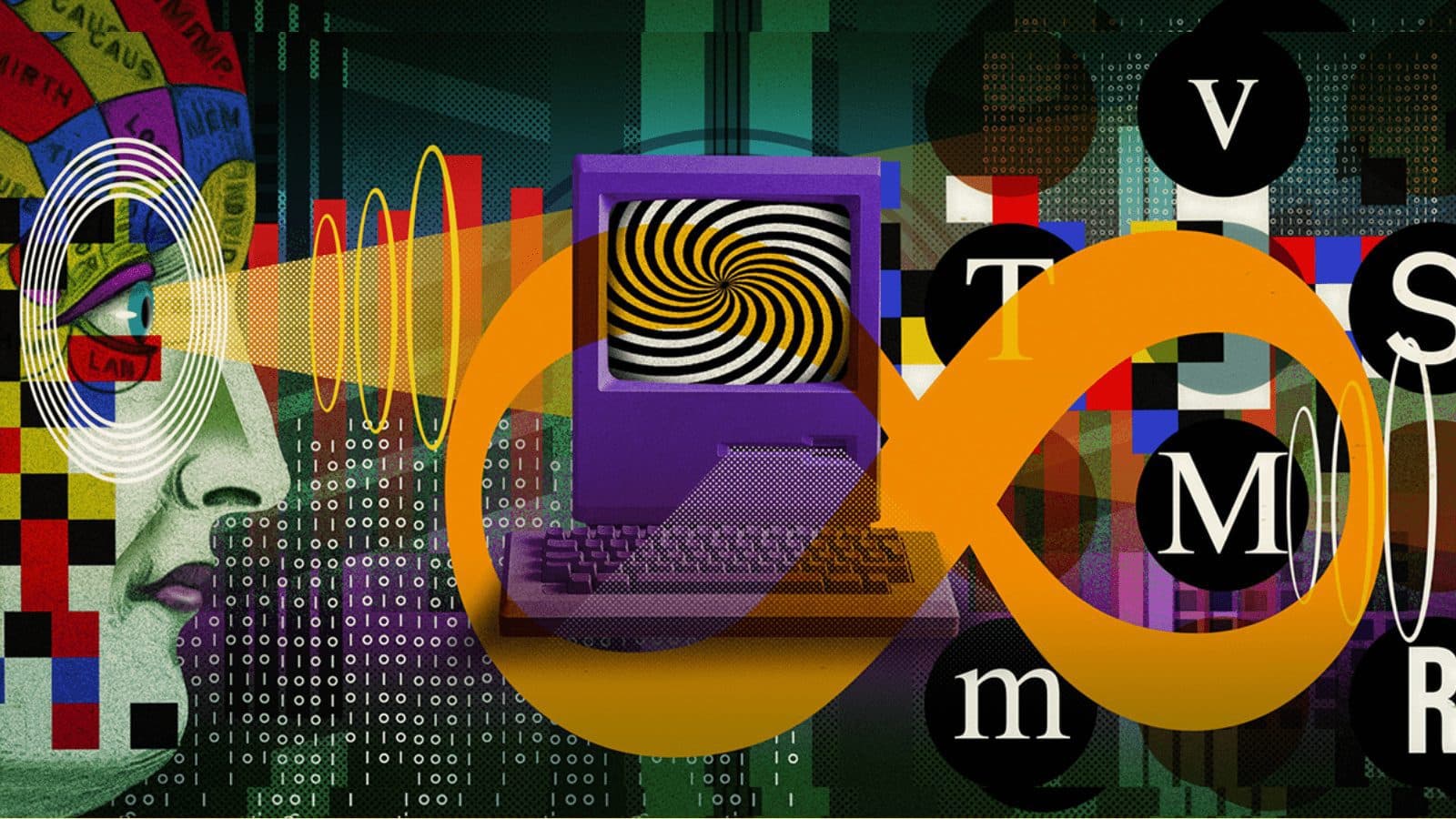Citi Projects Metaverse To Capture Five Billion Users and up to $13 Trillion
Interoperability, or compatibility, between blockchains is key to a multi-chain future that will propel the metaverse, according to Citi

blockworks exclusive art by axel rangel
- To reach such a scale, however, developers will need to improve on clunky Web3 infrastructure
- Citi analysts dubbed the metaverse “the next generation of the internet”
Citi has high expectations for the metaverse, with the bank’s analysts projecting the Web3 economy to reach between $8 trillion and $13 trillion by 2030.
“We believe the metaverse may be the next generation of the internet,” analysts wrote in a research note released Thursday. “Combining the physical and digital world in a persistent and immersive manner.”
Though the idea of the metaverse has been around for years — first presciently introduced in a 1992 novel — booming interest in a Web3 future have led to scores of practical new use cases.
“Today, the most popular way to experience the metaverse is via a video game played on a virtual reality (VR) headset,” the note said. “But.. [there is the] possibility that the metaverse is moving towards becoming the next iteration of the internet, or Web3. This ‘Open Metaverse’ would be community-owned, community-governed, and a freely interoperable version that ensures privacy by design.”
The use cases and growing user base are what is going to drive the industry, analysts said, citing commerce, art, media, advertising, healthcare and social collaboration as some of the ways an estimated five billion people will eventually embrace digital versions of themselves.
The note echoes a broader sentiment in Web3 — it can be difficult to imagine the future of the metaverse in the context of the current dominance of Web2.
“Fundamentally, one of the mistakes that I see a lot of projects and designers making is projecting Web3 technology on Web2 experiences,” said Calvin Chan, CEO of Legitimate, an ecosystem that links physical products to digital identities, during the Avalanche Summit in Barcelona.
If built correctly — which most analysts deem a big “if” that depends on significant infrastructure improvements — people will be able to tap into the metaverse on computers, gaming consoles and smartphones, wherever they are.
“The definition of what counts as money in the Open Metaverse is also likely to be very different from what counts as money in the real world today,” the note said. “Interoperability and seamless exchange between underlying blockchain technology are critical to ensure a frictionless user experience.”
Get the news in your inbox. Explore Blockworks newsletters:
- The Breakdown: Decoding crypto and the markets. Daily.
- 0xResearch: Alpha in your inbox. Think like an analyst.






